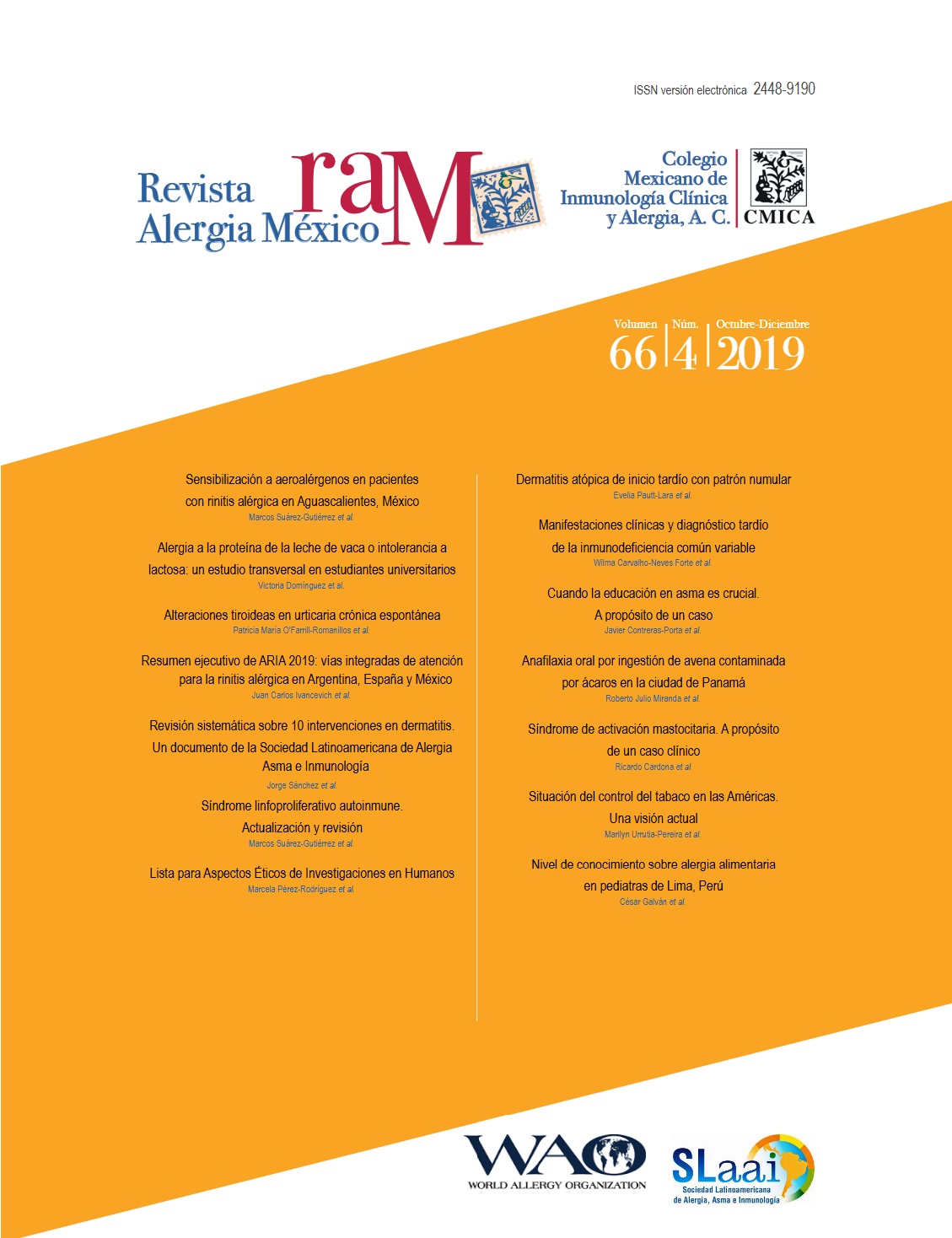Abstract
The ethical principles of a research proposal are not contained only in a paragraph or in the informed consent form; actually, they are an essential part of the whole protocol from the beginning to the end. In a complementary manner to the regulatory and educative documents, our objective in this article is to propose a checklist of questions so researches can ensure they have included the necessary information and precautions to meet the ethical considerations that are required for every research with human beings, which shall be called List of Ethical Principles for Medical Research Involving Human Subjects. We propose questions that researchers must ask themselves when they compose the background, justification, objectives, research question, hypothesis, selection criteria, sample size calculation, sampling, research design, statistical analysis plan, ethical aspects, publication plan, and references.
References
Department of Health, Education, and Welfare; National Commission for the Protection of Human Subjects of Biomedical and Behavioral Research. The Belmont report: Ethical principles and guidelines for the protection of human subjects of research. J Am Coll Dent. 2014;81(3):4-13.
World Medical Association Declaration of Helsinki. Ethical principles for medical research involving human subjects. Finlandia: World Medical Association; 2013.
Pautas éticas internacionales para la investigación relacionada con la salud con seres humanos. Suiza: Consejo de Organizaciones Internacionales de las Ciencias Médicas/Organización Panamericana de la Salud/Organización Mundial de la Salud; 2016.
Emanuel EJ, Wendler D, Grady. What makes clinical research ethical? JAMA. 2000;283(20):2701-2711. DOI: 10.1001/jama.283.20.2701
Miranda-Novales MG, Villasís-Keever MÁ. El protocolo de investigación VIII. La ética de la investigación en seres humanos. Rev Alerg Mex. 2019;66(1):115-122. DOI: 10.29262/ram.v66i1.594
Reglamento de la Ley General de Salud en Materia de Investigación para la Salud. México: Diario Oficial de la Federación; 1983.
Vanderpool HY (editor). The ethics of research involving human subjects. EE. UU.: Frederick MD: University Publishing Group; 1996.
Talavera JO, Rivas-Ruiz R, Pérez-Rodríguez M, Roy-Garcia IA, Palacios-Cruz L. De vuelta a la clínica: sin justificación no existe pregunta de investigación que valga. Gac Med Mex. 2019;155:168-175. DOI: 10 24875/GMM 19004942
Freedman B. Equipoise and the ethics of clinical research. N Engl J Med. 1987;317(3):141-145. DOI: 10.1056/NEJM198707163170304
Arias-Gómez J, Villasís-Keever MÁ, Miranda-Novales MG. El protocolo de investigación III: la población de estudio. Rev Alerg Mex. 2016;63(2):201-206.
Flores-Ruiz E, Miranda-Novales MG, Villasís-Keever MA. El protocolo de investigación VI: cómo elegir la prueba estadística adecuada. Estadística inferencial. Rev Alerg Mex. 2017; 64(3):364-370. Disponible en: http://www.scielo.org.mx/pdf/ram/v64n3/2448-9190-ram-64-03-0364.pdf
Abadie R. To enroll or not to enroll? a researcher struggles with the decision to involve study participants in a clinical trial that could save their lives. Narrat Inq Bioeth. 2017;7(1):71-77. DOI: 10.1353/nib.2017.0019

This work is licensed under a Creative Commons Attribution-NonCommercial 4.0 International License.
Copyright (c) 2020 Revista Alergia México

